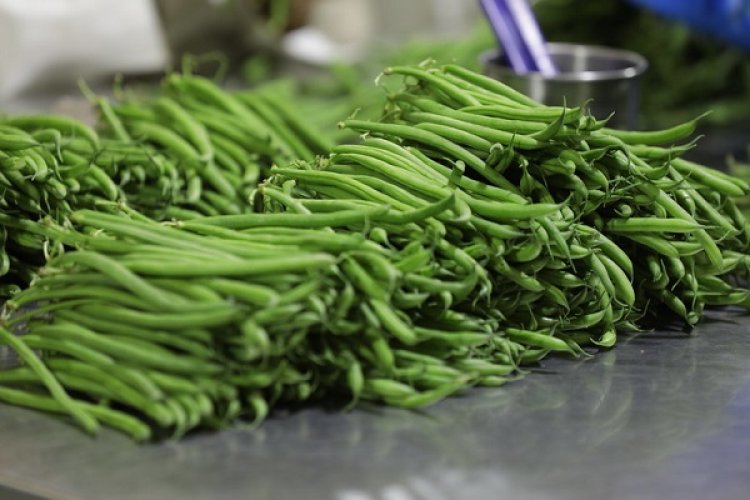Local consumers will likely contend with spikes in market prices for more months as most factors driving inflation are external, and existing measures can barely offer reprieve in the short term, analysts say.
Consumer prices on the market remained high and rising with inflation shooting constantly from 4.3 per cent in January to 7.5 per cent in March, according to the National Institute of Statistics (NISR).
The situation, initially blamed on the pandemic-induced bottlenecks in trade, worsened after the Russia-Ukraine war broke thereby sparking speculation and subsequent supply shortages that sent commodities’ costs skyrocketing across countries including in Rwanda.
Also read: BACK TO SCHOOL: Parents, inflation and the fees dilemma
Government interventions, which focused mainly on subsidizing fuel costs, cracking down hoarding of goods and unjustified overpricing by traders, alongside exploring alternative sources of imports, so far did little to ease the woes at the market.
Meanwhile, prices of locally produced goods equally started moving up over the past month.
“Prices have instead gone up and keep on a rising trend. We need government to come in and assess why we have not seen any change despite attempts to stabilize costs of consumer goods,” said Damien Ndizeye, Executive Secretary at ADECOR, a local consumer rights lobby group.
Prices have instead gone up and keep on a rising trend. We need government to come in and assess why we have not seen any change despite attempts to stabilize costs of consumer goods.
Damien Ndizeye, Executive Secretary, local consumer rights lobby group (ADECOR).
Ndizeye made the comment during the Friday Twitter discussion dubbed #TalkRwanda co-hosted by this Publisher.
Purchasing power
The consumer rights lobby group is of the view that it is high time for government to consider the widening mismatch between current market prices and people’s purchasing power as costs seem to be way beyond levels of income for most families and individuals in the formal and informal work sectors.
The trade and industry ministry (MINICOM) maintains that there are prevailing imports supply shortages induced by the Russia-Ukraine war, while recent rise in fuel prices due to spikes in global oil and gas prices caused cost of transport to shoot, hence fueling a further rise in costs of available supplies.
However, Cassien Karangwa, Director of Domestic Trade said government expected the incoming harvest period for the agriculture season B to help plug a gap in local supplies.
“Some of these factors are beyond our control like those that are linked with the ongoing war. However, for local supplies we hope to see costs going down when we reach the harvest phase of the ongoing agriculture season in May,” said Karangwa.
Analysts, however, doubt whether in absence of enough reserve stocks that can cushion consumers in times like this, investments aimed at boosting local production could help stabilize market prices in the short term.
“I’d say confidently that 90 per cent of factors driving spikes in prices are external factors that are beyond government control. Government thus has few avenues to do anything about them in short term,” observed Teddy Kaberuka, a Rwandan economist.
The way forward, he said, should be exploring alternative markets to source products in short supply or alternative consumption products.
Belt-tightening measures
Meanwhile, as consumer goods costs continue to rise, Kaberuka indicates that consumers could consider adopting belt tightening measures like prioritizing essential consumption, exploring ways to supplement incomes by taking up side jobs where possible or putting things like leisure spending on hold, among other possibilities.
The changes, he says, could help most be able to make ends meet amid rise in market prices expected to remain elevated for more months.
Sylvie Nsanga, a gender activist said the general rise in prices had already seen families do without some essentials and this affected women the most because majority of them in the informal sector had their work opportunities wiped out by the pandemic.
“It has affected the purchases people make in terms of both quality and quantity and that’s dangerous when it comes to ensuring that children get balanced diets. It’s high time gender institutions assess the effects of these market price situation on women,” said Nsanga.










